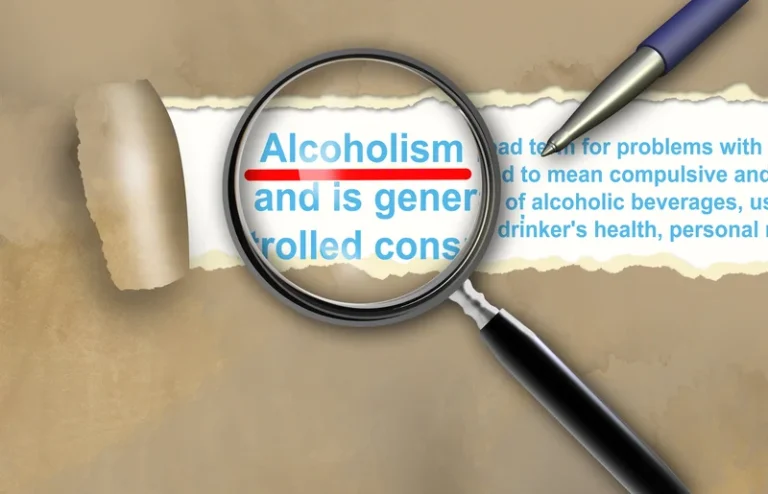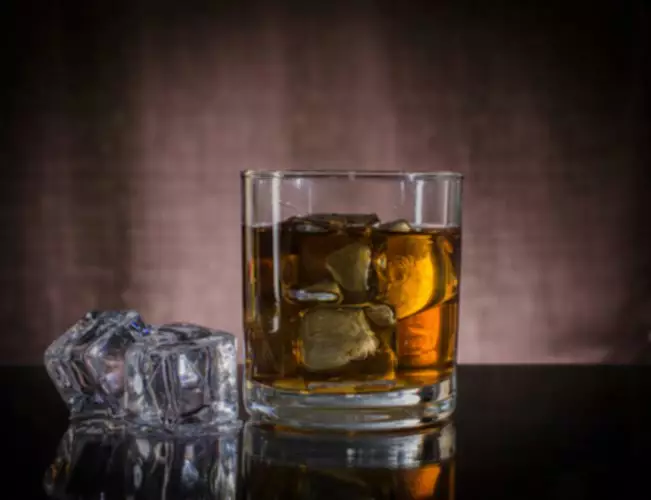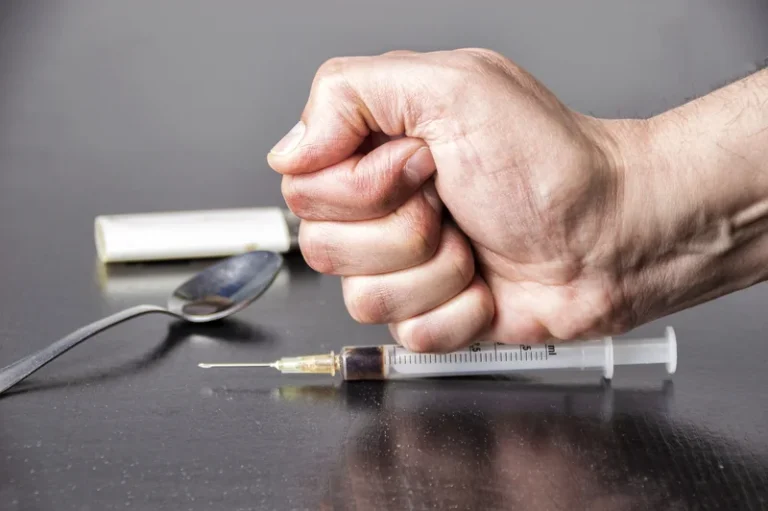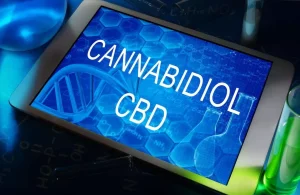Should You Drink Alcohol If You Have High Blood Pressure?

Review authors included nine studies involving a total of 119 participants, and the duration of these studies was between four and seven days. Participants in those studies consumed alcohol regularly during the study period, whereas in our systematic review, we included only studies in which participants consumed alcohol for a short period. Based on nine studies, McFadden 2005 reported that the mean increase in SBP was 2.7 mmHg and in DBP was 1.4 mmHg. Only three of these studies measured BP at various time points and found that alcohol has a hypotensive effect lasting up to five hours after alcohol consumption and a hypertensive effect 20 hours after alcohol consumption that lasts until the next day. The inclusion of non‐randomised studies in McFadden 2005, which are known to be at higher risk of bias, is likely the reason for the discrepancy in the magnitude of BP effects. One common risk factor for CV disease is the composition of the lipids found in the blood, and the effects of alcohol consumption on lipid profiles have been extensively studied.
Mental health

This combination of higher fluid levels in the body and smaller blood vessels increases blood pressure. When the SNS gets activated by alcohol, it can increase heart rates and constrict blood vessels. Prolonged activation of the SNS can contribute to health issues like high blood pressure. Sara Tasnim (ST) and Chantel Tang (CT) drafted the protocol with help from JMW. Both ST and CT independently assessed studies for inclusion or exclusion and assessed the risk of bias of all included studies. We identified Stott 1987 and Barden 2013 from Analysis 3.1 and Analysis 3.2 as having a considerably lower standard error (SE) of the mean difference (MD) compared to the other included studies.
- Notably, the heart attack risk was in inverse relation to alcohol consumption levels.
- Furthermore, we contacted authors of included studies to obtain all relevant data when information was insufficient or missing.
- As a result, peripheral resistance and blood volume are increased, leading to elevated arterial blood.
- The last thing you want is for that casual drink after work or glass of wine at dinner to negatively impact your heart health.
- A 2019 study suggests that drinking hibiscus tea twice per day alongside lifestyle and dietary strategies may help reduce blood pressure in people with stage 1 hypertension.
Potential Biologic MechanismsUnderlying Alcohol-Induced BP Effects
Liji practiced as a full-time consultant in obstetrics/gynecology in a private hospital for a few years following her graduation. She has counseled hundreds of patients facing issues from pregnancy-related problems and infertility, and has been in charge of over 2,000 deliveries, striving always to achieve a normal delivery rather than operative. Long-term alcohol use can change your brain’s wiring in much more significant ways. Pancreatitis can be a short-term (acute) condition that clears up in a few days. But prolonged alcohol abuse can lead to chronic (long-term) pancreatitis, which can be severe.
Acute and Long-term Effects of Alcohol on the Myocardium

Exceeding this limit increases the risk of cardiovascular, hepatic, and nervous system disorders (Bellentani 1997; Fuchs 2001; Gao 2011; Lieber 1998; McCullough 2011; Nutt 1999; Welch 2011). Also, multiple studies have found associations between consumption of alcoholic beverages and specific how does alcohol affect blood pressure cancers (Kushi 2012; Seitz 2007). Abuse of alcohol resulted in approximately 3 million deaths worldwide and 132.6 million disability‐adjusted life years (DALYs) in 2016 (WHO 2018). There is a very clear link between regularly drinking too much alcohol and having high blood pressure.


Rosito 1999 tested the effects of 15 g, 30 g, and 60 g of alcohol on 40 young medical students. The decrease in SBP was greater with 30 g of alcohol seven hours after consumption compared to placebo and 15 g and 60 g alcohol‐consuming groups. In this study, alcohol had no significant effect on DBP in the four groups. Researchers https://ecosoberhouse.com/ were unable to study in-depth the relationship between age, blood pressure, and alcohol intake. There were risks for misclassifications, and it is possible that some participants changed alcohol consumption amounts during the follow-up time. The study also didn’t look at how different types of alcohol influenced blood pressure.
- Agewall 2000 measured blood pressure upon participants’ arrival and did not measure blood pressure after the intervention.
- For example, alcohol consumption typically has been measured through self-report.
- On average, drinkers consume 32.8 grams of pure alcohol per day, and beer (34.3%) is the most consumed alcoholic beverage (WHO 2018).
Chiva‐Blanch 2013a published data only

Although three studies did not report the method of randomisation (Barden 2013; Buckman 2015; Dai 2002), their reported baseline characteristics were well matched. The remaining seven studies reported the method of randomisation used, hence we classified them as having low risk of bias. It is important to note that information regarding to the method of randomisation used in Foppa 2002 and Rosito 1999 was provided by the study author via email. The carry‐over effect in a cross‐over trial can confound the effects of subsequent treatment.
Sierksma 2004b published data only
Long-term impacts on heart health
Categories: Sober living
Contact Us

